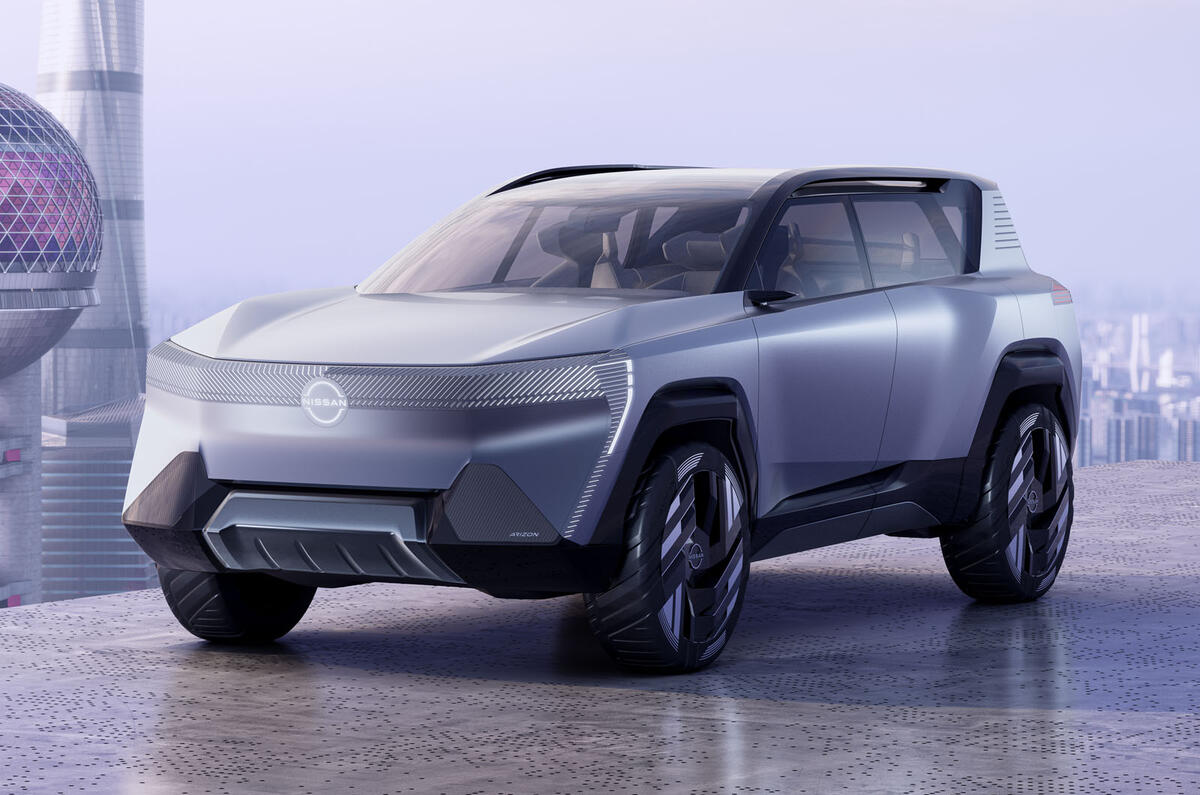Nissan is considering exporting vehicles out of China as it looks to exploit the country’s efficient supply chain and also replace sales lost to domestic makers in the country, CEO Makoto Uchida has said.
Like most global auto makers operating in China, Nissan has seen its market share fall due to growing consumer interest in new Chinese brands.




Add your comment